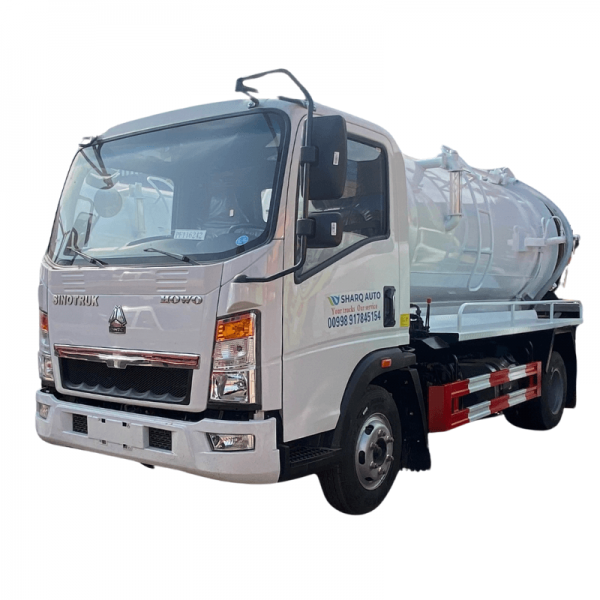The Powerhouse Behind Garbage Management An In-Depth Look at Garbage Compactor Truck Engines
Introduction: Garbage compactor trucks play a crucial role in waste management systems around the world. These specialized vehicles are equipped with powerful engines that enable them to collect, compact, and transport large volumes of waste efficiently. In this article, we will delve into the intricacies of garbage compactor truck engines, exploring their design, operation, and maintenance in detail. work truck : Understanding Garbage Compactor Trucks – Definition and Purpose of Garbage Compactor Trucks – Types of Garbage Compactor Trucks – Importance of Efficient Waste Management Chapter 2: Engine Basics – Introduction to Engine Components – Key Features of Garbage Compactor Truck Engines – Comparison with Regular Truck Engines Chapter 3: Engine Design and Technology – Engine Size and Power – Fuel Efficiency and Emissions Control  – Integration with Hydraulic Systems Chapter 4: Operation of Garbage Compactor Truck Engines – Starting the Engine – Driving and Maneuvering the Vehicle – Operating the Compaction Mechanism Chapter 5: Maintenance and Care – Regular Maintenance Checks – Common Issues and Troubleshooting – Tips for Extending Engine Lifespan Chapter 6: Innovations and Future Trends – Advances in Engine Technology – Electric and Hybrid Engine Options – Potential for Automation and Remote Monitoring Chapter 7: Environmental Impact – Fuel Consumption and Emissions – Recycling and Sustainability Initiatives – Role of Engine Efficiency in Environmental Conservation Conclusion: Garbage compactor truck engines are the powerhouse behind efficient waste management systems, enabling the collection and disposal of large volumes of waste. Understanding the design, operation, and maintenance of these engines is essential for ensuring the smooth operation of garbage compactor trucks. By staying informed about the latest innovations and trends in engine technology, we can work towards a more sustainable and environmentally friendly waste management industry.
– Integration with Hydraulic Systems Chapter 4: Operation of Garbage Compactor Truck Engines – Starting the Engine – Driving and Maneuvering the Vehicle – Operating the Compaction Mechanism Chapter 5: Maintenance and Care – Regular Maintenance Checks – Common Issues and Troubleshooting – Tips for Extending Engine Lifespan Chapter 6: Innovations and Future Trends – Advances in Engine Technology – Electric and Hybrid Engine Options – Potential for Automation and Remote Monitoring Chapter 7: Environmental Impact – Fuel Consumption and Emissions – Recycling and Sustainability Initiatives – Role of Engine Efficiency in Environmental Conservation Conclusion: Garbage compactor truck engines are the powerhouse behind efficient waste management systems, enabling the collection and disposal of large volumes of waste. Understanding the design, operation, and maintenance of these engines is essential for ensuring the smooth operation of garbage compactor trucks. By staying informed about the latest innovations and trends in engine technology, we can work towards a more sustainable and environmentally friendly waste management industry.